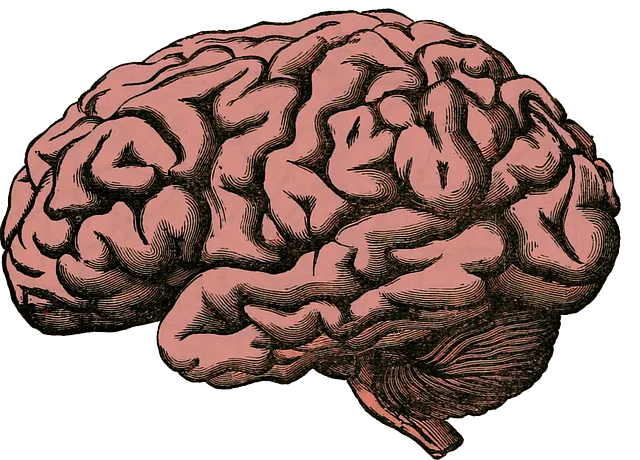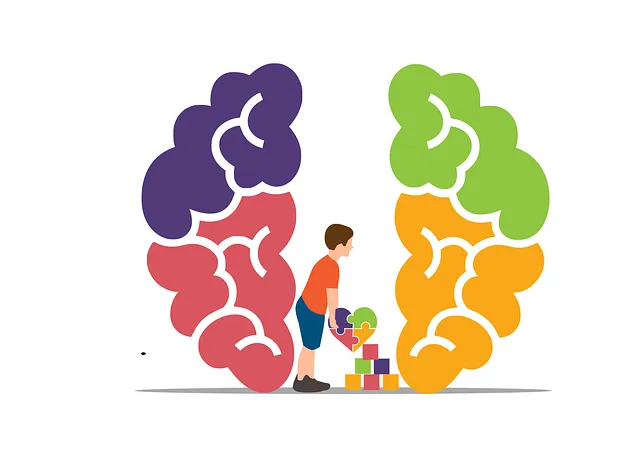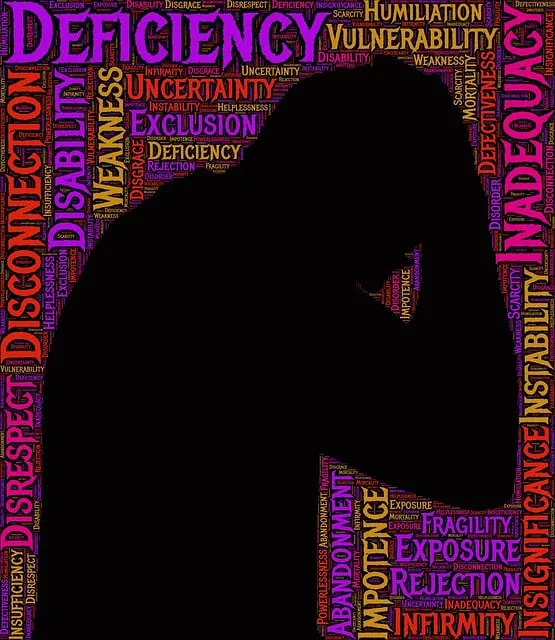The Parker Kaiser Permanente Initiative is a collaborative program aimed at enhancing mental health diagnosis accuracy and improving patient outcomes by bringing together top mental health providers from diverse institutions. Using evidence-based practices, advanced tools like detailed risk assessments, and the Mental Wellness Podcast Series, the initiative promotes continuous learning for both professionals and patients. By addressing challenges in mental health assessment, it strives to improve care, foster adaptability among providers, and promote better mental wellness. Parker Kaiser Permanente mental health providers utilize innovative strategies such as AI algorithms, cultural sensitivity training, and compassion cultivation practices to enhance diagnostic accuracy tailored to diverse patient populations. Success is measured through regular training, performance evaluations, and setting clear benchmarks to minimize misdiagnoses, ultimately improving care quality. Future plans include integrating AI for screening, destigmatizing mental health, and promoting evidence-based programs.
Mental illness diagnosis accuracy is a critical aspect of patient care, and ongoing efforts to improve it are essential. This article explores the Parker Kaiser Permanente Initiative, a pioneering program aimed at enhancing diagnostic capabilities among mental health providers. We delve into the challenges plaguing accurate diagnoses, highlighting the need for innovative strategies. Through an examination of technology integration and training programs, we uncover effective solutions. Additionally, we discuss measuring success and future directions to ensure continuous improvement in this vital area.
- Understanding the Parker Kaiser Permanente Initiative
- Challenges in Mental Health Diagnosis Accuracy
- Innovative Strategies for Enhancing Diagnosis
- The Role of Technology and Training Programs
- Measuring Success and Future Directions
Understanding the Parker Kaiser Permanente Initiative

The Parker Kaiser Permanente Initiative is a significant effort to enhance mental health diagnosis accuracy and patient outcomes. This collaborative program brings together leading mental health providers from across various healthcare institutions, focusing on improving care through evidence-based practices. The initiative leverages advanced tools and techniques, such as detailed risk assessments, to ensure professionals are equipped with the latest knowledge and skills.
One of its key components is the Mental Wellness Podcast Series Production, offering valuable insights and coping skills development for both healthcare providers and patients. By fostering a culture of continuous learning, this initiative aims to address challenges in mental health assessment and diagnosis, ultimately improving patient care and promoting better mental wellness. Additionally, it emphasizes the importance of regular risk assessments for mental health professionals to maintain high standards and adaptability in their practice.
Challenges in Mental Health Diagnosis Accuracy

Mental health diagnosis accuracy has long presented a significant challenge for healthcare providers, including those at Parker Kaiser Permanente. Despite advancements in understanding mental illnesses and improvements in assessment tools, misdiagnoses still occur frequently. This is partly due to the complexity of symptoms, which can overlap across various disorders, making differentiation difficult. Additionally, individual presentations vary widely, with some conditions manifesting atypically, further complicating the diagnostic process.
The Risk Assessment for Mental Health Professionals plays a pivotal role in enhancing accuracy. Boosting the confidence of Parker Kaiser Permanente mental health providers through comprehensive training is essential. This includes learning to recognize subtle cues and differentiating between similar symptoms. Moreover, incorporating Cultural Sensitivity in Mental Healthcare Practice ensures that assessment tools and approaches are adapted to an individual’s background, improving reliability and reducing potential biases.
Innovative Strategies for Enhancing Diagnosis

In the realm of mental health care, innovative strategies are continually being developed to enhance diagnosis accuracy. One notable example is the implementation of cutting-edge tools and technologies by Parker Kaiser Permanente mental health providers. These advanced methods include artificial intelligence algorithms that analyze patient data from various sources, such as electronic health records and wearable devices, to detect subtle patterns indicative of specific mental health conditions. By leveraging these technologies, healthcare professionals can make more informed decisions, leading to improved diagnostic accuracy.
Additionally, Mental Wellness Coaching Programs Development has emerged as a game-changer. These programs often incorporate Mental Wellness Journaling Exercise Guidance, encouraging patients to introspect and document their thoughts, feelings, and behaviors. This practice not only enhances self-awareness but also provides valuable insights for mental health providers. By combining these innovative approaches with traditional assessment methods, such as clinical interviews and psychological testing, healthcare systems like Parker Kaiser Permanente strive to improve the accuracy of depression prevention and overall mental wellness management.
The Role of Technology and Training Programs

The integration of technology and innovative training programs plays a pivotal role in enhancing the accuracy of mental illness diagnoses at institutions like Parker Kaiser Permanente. Healthcare providers are now equipped with advanced digital tools that aid in comprehensive patient assessment, enabling them to gather detailed information beyond traditional methods. These technologies include evidence-based digital platforms designed to assess symptoms, track progress, and facilitate personalized treatment plans, thereby improving diagnostic precision.
Moreover, the introduction of Compassion Cultivation Practices and mental illness stigma reduction efforts within training programs has been transformative. By fostering cultural competency among Parker Kaiser Permanente’s mental health providers through Healthcare Provider Cultural Competency Training, these initiatives ensure that clinicians approach each patient with empathy and understanding. This holistic approach not only improves diagnosis accuracy but also enhances patient trust and engagement in treatment, ultimately contributing to better outcomes.
Measuring Success and Future Directions

Measuring success in mental illness diagnosis accuracy is paramount to ensuring effective treatment and recovery. At Parker Kaiser Permanente, mental health providers utilize advanced assessment tools, regular training sessions, and ongoing performance evaluations to refine their diagnostic skills. These efforts are tailored to address specific challenges posed by diverse patient populations and evolving psychiatric norms. By setting clear benchmarks for accuracy rates and consistently reviewing cases, the team aims to minimize misdiagnoses and improve overall care quality.
Looking ahead, future directions include integrating innovative technologies like artificial intelligence for more precise screening and diagnosis. Additionally, enhancing public awareness campaigns on mental health can help destigmatize conditions, encouraging earlier seeking of professional help. Further, promoting evidence-based Stress Reduction Methods and Self-Esteem Improvement programs can empower individuals to better manage their symptoms and collaborate with healthcare providers towards more accurate and timely diagnoses.
The Parker Kaiser Permanente Initiative sets a compelling example for enhancing mental illness diagnosis accuracy, demonstrating that collaboration between researchers, healthcare systems, and mental health providers is key. By combining innovative strategies, technology, and comprehensive training programs, we can significantly improve outcomes for individuals navigating the complexities of mental health. Continued efforts to refine these approaches, coupled with robust measurement strategies, will ensure that mental health providers are equipped to offer more precise diagnoses and effective treatment plans, ultimately fostering better mental well-being across communities.






